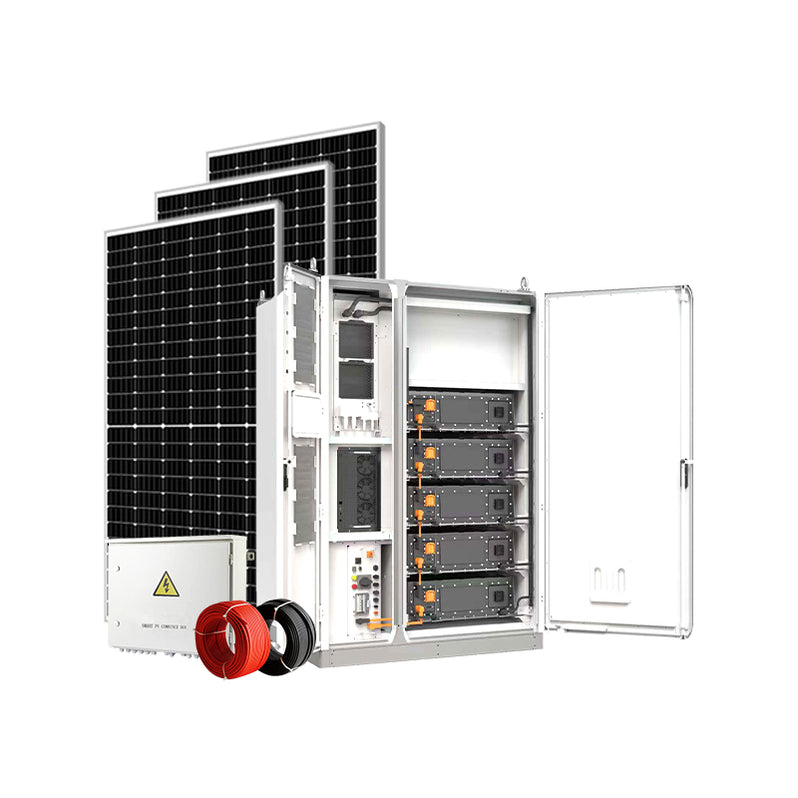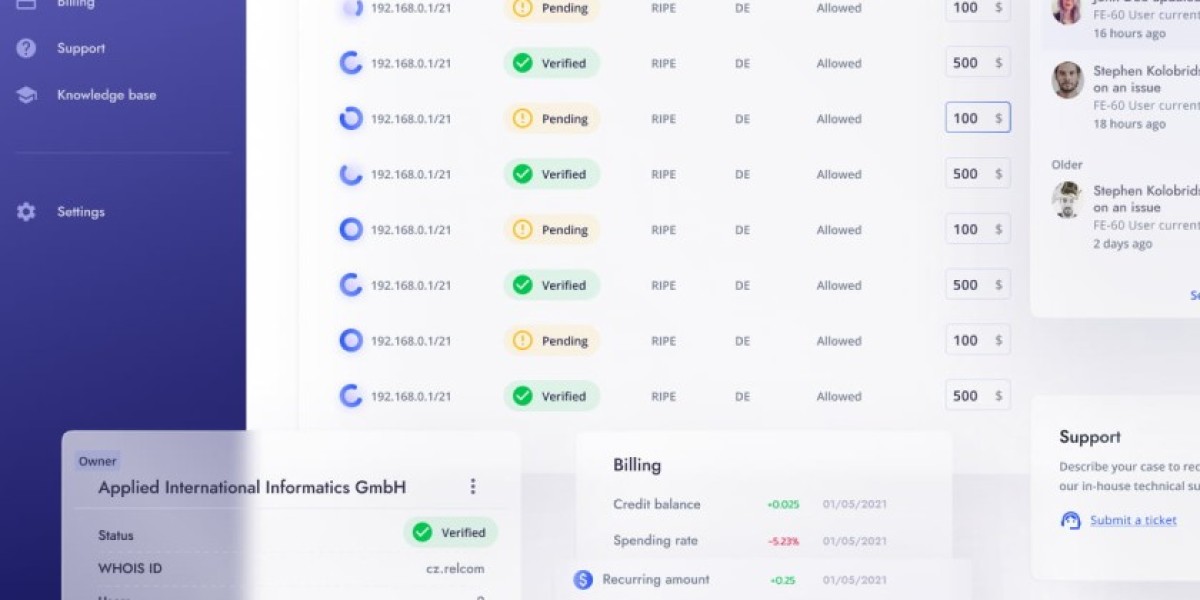Unlock the Secret to Choosing the Perfect 5kW Off-Grid Solar System!
In recent years, off-grid solar systems have surged in popularity as more individuals seek energy independence and sustainable living solutions. A 5kW off-grid solar system stands out as a practical choice for homeowners looking to harness the sun's power while reducing their carbon footprint. These systems not only provide the freedom of producing your own electricity but also play a crucial role in minimizing reliance on fossil fuels. In this article, we will delve into the essential factors to consider when evaluating various options for purchasing a 5kW off-grid solar system, ensuring you make an informed and valuable investment.

Understanding Off-Grid Solar Systems
Off-grid solar systems are designed to operate independently of the utility grid. They function by capturing sunlight through solar panels and converting it into usable electricity. The main components of an off-grid solar system include solar panels, inverters, batteries, and charge controllers. Solar panels convert sunlight into direct current (DC), which is then transformed into alternating current (AC) by the inverter for household use. The batteries store excess energy for use during cloudy days or at night, while charge controllers manage the flow of electricity to ensure batteries are charged efficiently without overcharging. Unlike grid-tied systems, which rely on the utility grid for power and backup, off-grid systems require careful planning and sizing to ensure they can meet energy demands year-round.
Key Factors to Consider When Choosing a 5kW Off-Grid Solar System
Choosing the right 5kW off-grid solar system involves several critical factors that can significantly impact your energy independence. First and foremost, assess your energy needs by calculating your daily electricity consumption. This will help you determine the appropriate number of solar panels and battery capacity required. Next, consider the type of inverter you will use, as this will affect the efficiency and reliability of your system. There are different inverter types, including pure sine wave and modified sine wave, each suited for specific applications. Additionally, installation requirements can vary; some homeowners may choose to install the system themselves, while others may prefer hiring professionals for a more seamless setup. Reflecting on these aspects will lead you to make a well-informed decision tailored to your unique energy needs.
Evaluating Options: Types of Solar Panels and Batteries
When it comes to solar panels, the three main types available are monocrystalline, polycrystalline, and thin-film. Monocrystalline panels are known for their high efficiency and longevity, making them a popular choice despite a higher cost. Polycrystalline panels offer a more budget-friendly option but are slightly less efficient. Thin-film panels are lightweight and flexible, suitable for specific applications, though they tend to have lower efficiencies. On the battery side, homeowners typically choose between lead-acid and lithium-ion batteries. Lead-acid batteries are more affordable upfront but require more maintenance and have a shorter lifespan. In contrast, lithium-ion batteries are more expensive but offer greater efficiency, longer life, and less maintenance. Matching the right type of solar panels and batteries to your 5kW system is crucial for optimal performance and longevity.
Budgeting for Your 5kW Off-Grid Solar System
Budgeting for a 5kW off-grid solar system entails considering multiple costs, including the initial investment, installation, and ongoing maintenance. The initial investment will primarily depend on the quality and type of solar panels and batteries you choose. Installation costs can vary widely based on whether you opt for a DIY approach or hire professionals. It's also essential to factor in potential maintenance costs over the lifespan of your system. To budget effectively, create a detailed financial plan that includes all anticipated expenses and explore financing options, such as solar loans or incentives offered by local governments. By planning your budget carefully, you can ensure that you maximize your investment while achieving energy independence.
Installation and Maintenance Tips
The installation process for a 5kW off-grid solar system can either be a DIY project or handled by professionals, depending on your skill level and comfort with electrical systems. If you choose the DIY route, ensure you follow all safety guidelines and local regulations. For those opting for professional installation, research credible contractors with experience in off-grid systems. Once installed, maintaining your system is vital for its efficiency and longevity. Regularly clean solar panels to remove dirt and debris, and monitor battery health to ensure optimal performance. Schedule periodic professional inspections to identify and address any potential issues before they become significant problems. These practices will help you enjoy the benefits of your off-grid solar system for years to come.
Final Thoughts on Your Solar Choice
In summary, selecting the right 5kW off-grid solar system requires careful consideration of multiple factors, including energy needs, system components, budgeting, and installation options. By understanding the intricacies of off-grid systems and taking the time to evaluate your choices, you can make an informed decision that aligns with your goals for energy independence. Embrace the opportunity to harness solar energy and take a significant step toward a more sustainable and self-sufficient lifestyle.







